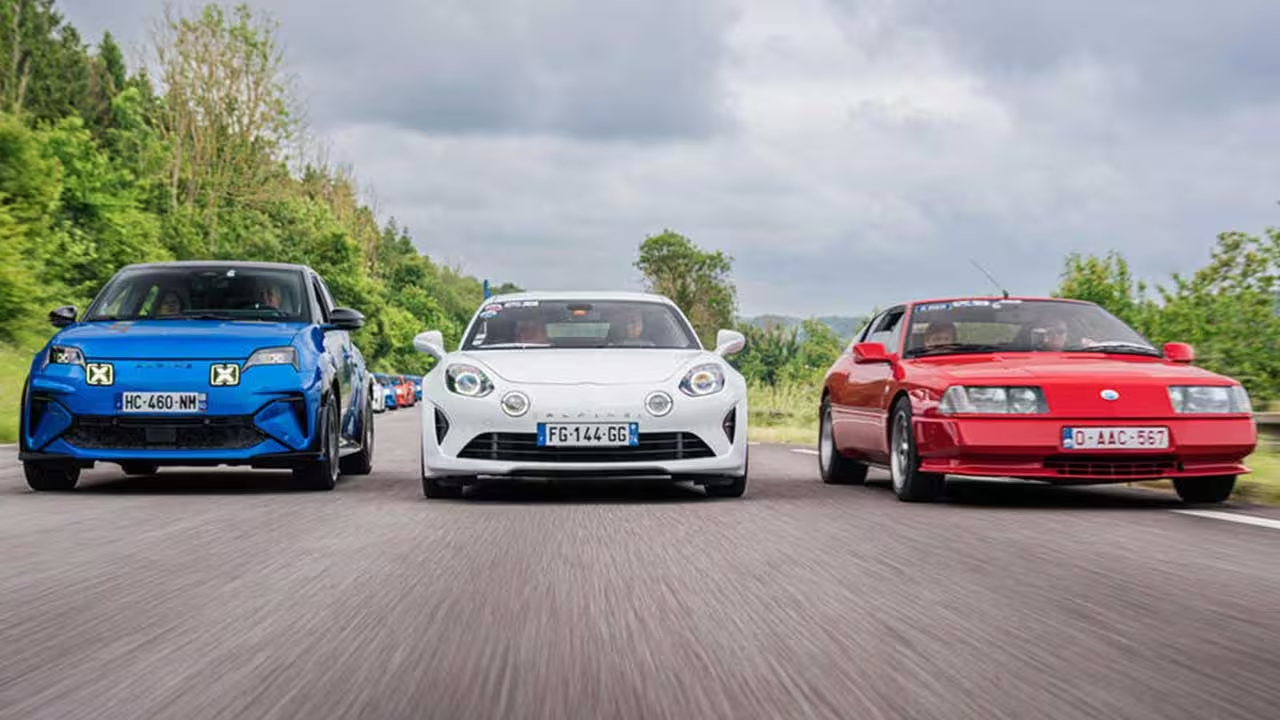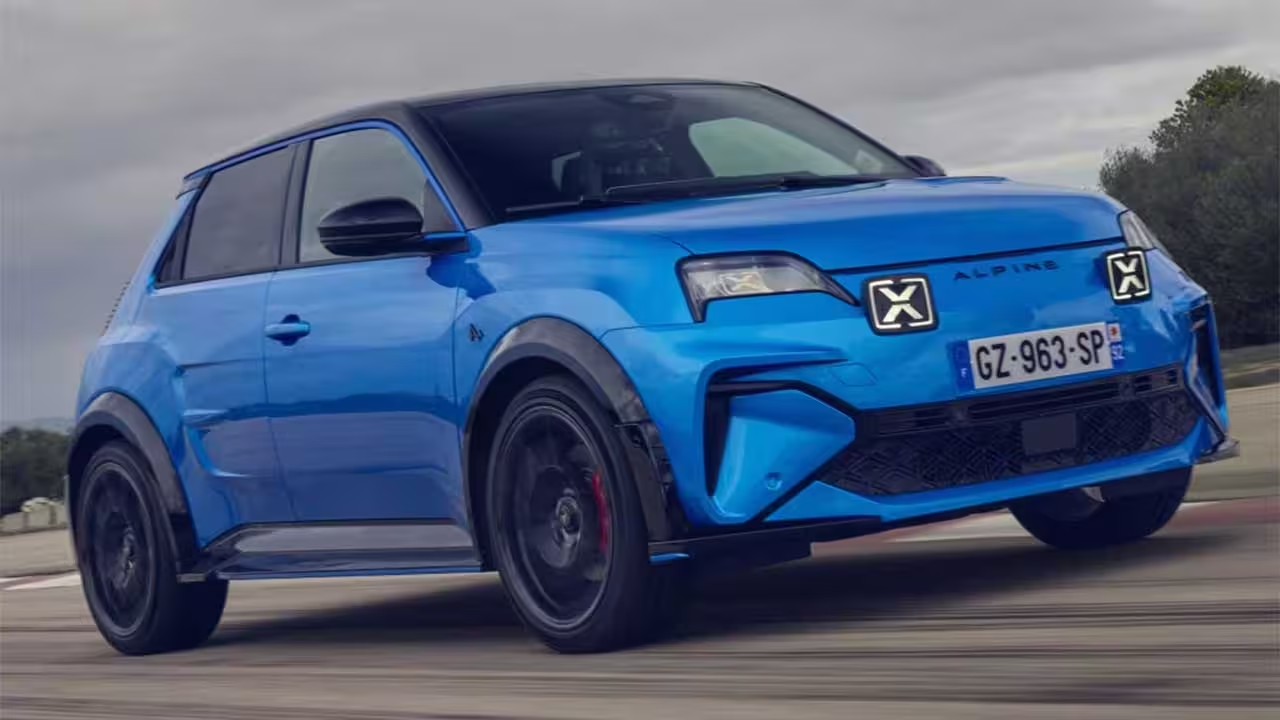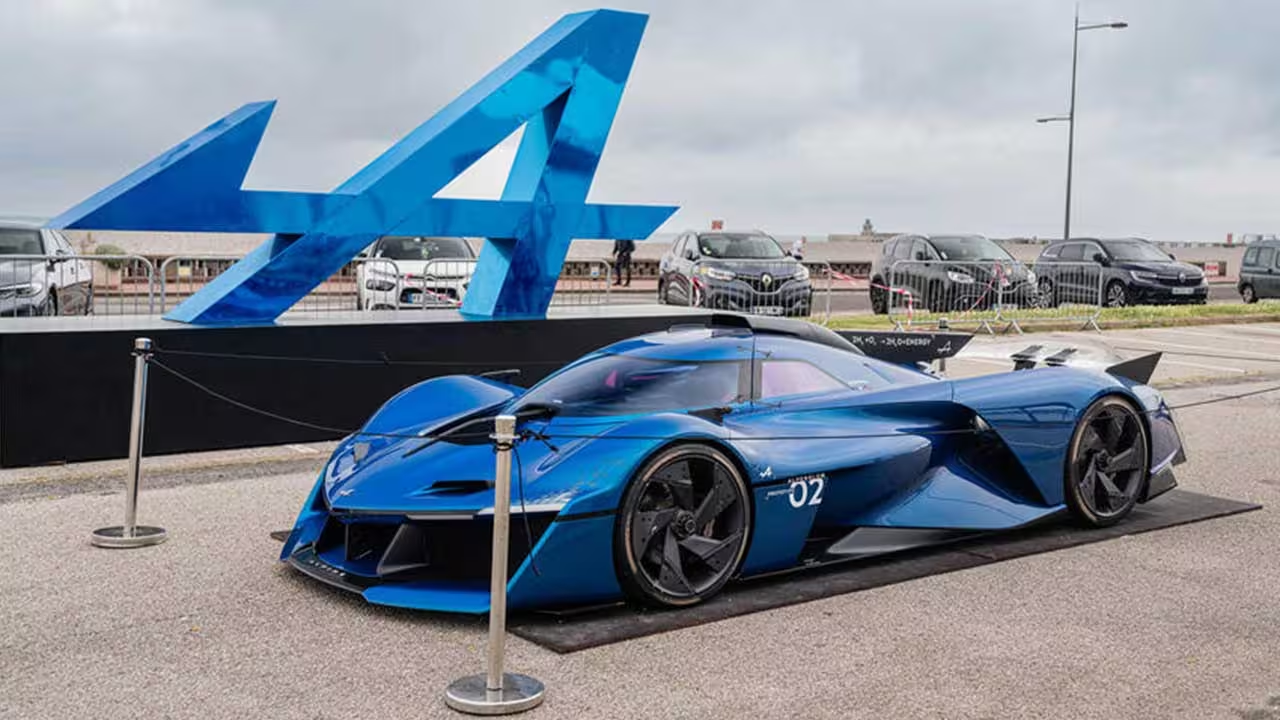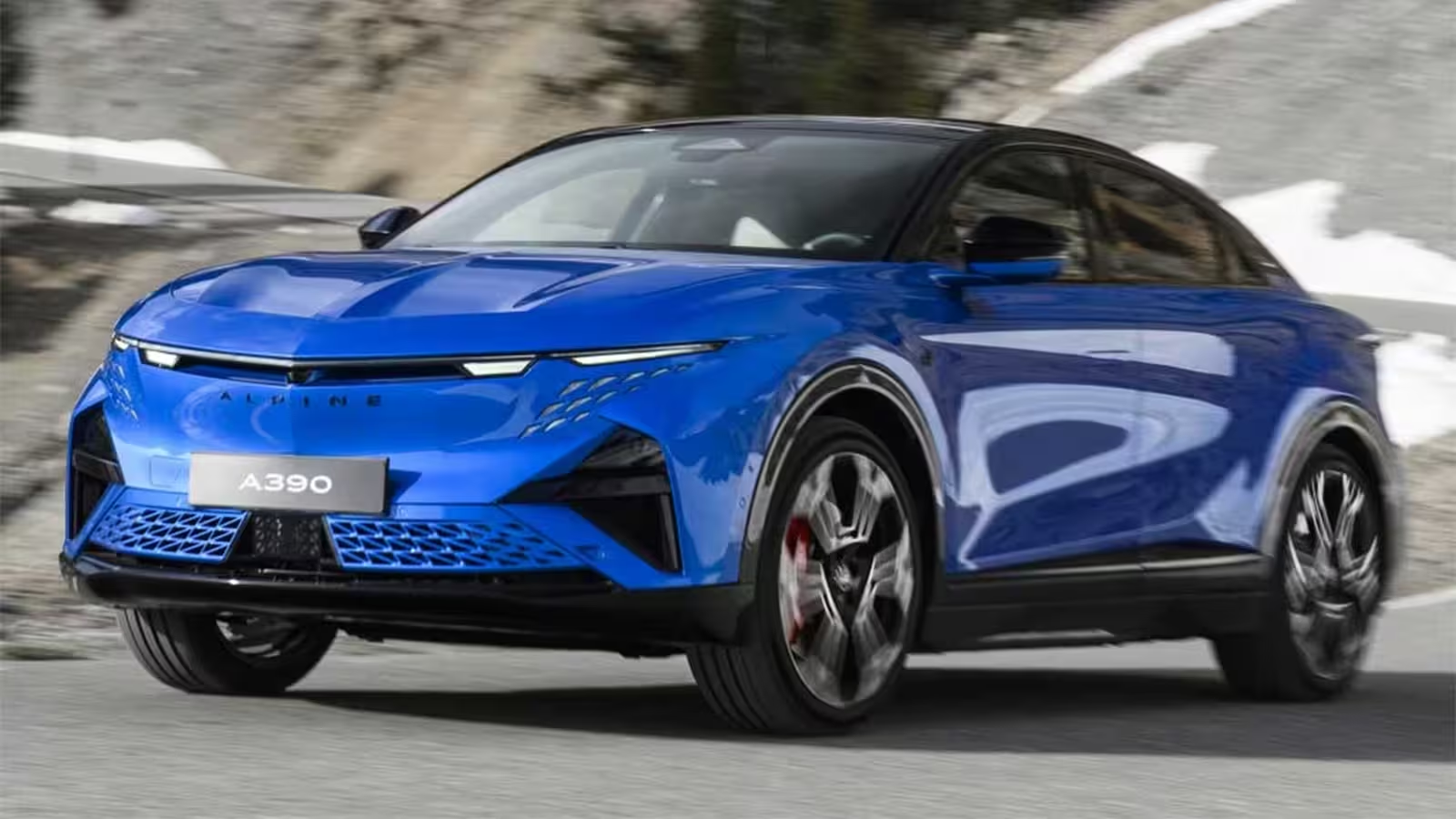8 Minutes
Alpine’s Ambitious Vision: 20 Years to Become a Porsche Contender
Renowned French sports car manufacturer Alpine has set its sights on challenging the likes of Porsche in the high-performance automotive world. Backed by an audacious 20-year business strategy, Alpine plans to transform itself into a premium contender through innovative electric vehicles, avant-garde technologies, and a renewed focus on luxury and driving excitement. But what does it take to carve a name alongside legacy giants like Porsche in the electric sports car segment?
The Road to Reinvention: Survival, Ambition, and Vision
In 2020, amid the global pandemic, Alpine faced extinction within the Renault Group. At that time, Luca de Meo, Renault’s recently appointed CEO, saw the brand’s potential. As he revealed at the launch of the Alpine A390, "There was no plan beyond the A110—essentially, Alpine had no future roadmap." Drawing on his successful turnaround experience with Abarth at Fiat-Chrysler and Cupra at Volkswagen Group, de Meo decided to revive Alpine as a luxury marque, even while Renault faced heavy financial losses. "It was a slightly crazy decision," he admits, but one fueled by a belief in Alpine’s untapped potential.

From Single Model Lineup to Electrified Future
Today, Alpine’s one-car lineup is expanding rapidly. The introduction of the Alpine A290—an electrified, high-performance take on the iconic Renault 5—and the A390, a stylish SUV based on the reinforced Renault Scenic platform, mark the beginning of this transformation. Yet Alpine’s true test lies ahead, as it ventures into the unpredictable and capital-heavy landscape of electric sports cars. Alpine must now attract new, loyal customers to a segment where profitability and market demand remain uncertain.
Long-Term Commitment: Building a Premium Brand
De Meo is emphatic about the journey’s scale: "To establish a premium marque, you need at least 20 years. Audi took 25-30 years and invested billions annually to rise to the top. This level of transformation doesn’t happen overnight." Unlike Audi’s heyday, Renault lacks unlimited capital, and external market conditions have shifted drastically—especially in the United States, where breaking into the luxury car segment remains nearly impossible for newcomers. Accordingly, Alpine shelved plans for two larger electric SUVs originally intended to spearhead its American entry, though a large SUV is still on the long-term agenda, contingent on more favorable market conditions.
Global Expansion: New Markets, New Challenges
According to Alpine CEO Philippe Krief—formerly of Ferrari, Maserati, and Alfa Romeo—roughly two-thirds of current Alpine sales are domestic. "We must learn to sell cars in Germany, the UK, South Korea, and genuine luxury markets before turning our focus to the US," Krief explains.
Alpine’s first new showroom opens this month in Barcelona, with Paris and London to follow later in the year. Thanks largely to the new A290, Alpine doubled its sales through April this year. The classic A110 sports car, widely dubbed the "Porsche 911 of Alpine," saw its best sales last year since its relaunch in 2018 but will soon retire to make room for a next-generation, all-electric A110—set for a grand unveiling at the 2026 Paris Motor Show.

A110: From Revival to Electrification
The current Alpine A110 has played a vital role in reviving the brand and capturing the hearts of car enthusiasts with its lightweight construction, sharp handling, and unmistakable French flair. The challenge ahead is whether its successor—the forthcoming electric A110—can preserve this legacy. De Meo remains optimistic, stating, "Regulations in Europe mean everyone must go electric, but on the technology front, we’re virtually on par with our rivals—there is no longer a century gap to close."
Meeting Customer Expectations in the EV Era
De Meo acknowledges early electric vehicles lacked personality and charisma. He now sees an opportunity: "Maybe we can prove that electric car technology can be exciting—injecting soul into what was seen as an emotionless appliance." This ambition is at the heart of Alpine’s strategy to build sports cars that stand out for driving passion, not just electric credentials.
Engineering Excellence: Performance, Design, and Technology
Innovative Chassis and In-Wheel Motors
Alpine promises that its upcoming performance models based on the Alpine Performance Platform (APP) will offer a lighter driving experience compared to traditional gasoline powerhouses like the Porsche Boxster, even if not as featherweight as the current A110. Pioneering the use of in-wheel motors, Alpine seeks to revolutionize chassis dynamics—lowering the center of gravity and maximizing interior space for luggage or even 2+2 seating. These motors will allow instant power delivery to whichever wheel offers the most grip, resulting in agile cornering and responsive handling. The use of high-density batteries placed outside the footwells will help maintain a true sports car driving position. An 800V electric system, supporting ultra-fast charging, aims to ease range anxiety and ensure minimal downtime on the road.

Design Language and Sports Heritage
Alpine’s next-gen vehicles continue the brand’s commitment to design purity, lightweight construction, and motorsport-inspired elements. Expect elegant yet aggressive lines, optimized aerodynamics, and meticulously crafted interiors prioritizing driver engagement. The transition to electric powertrains, however, won’t detract from Alpine’s hallmark agility and expressive styling.
Market Positioning and Competitive Outlook
Currently, Alpine is in what executives call the "See Me" phase—seeking to capture the attention of luxury car buyers in Europe who have steadfast allegiances to established brands such as BMW, Mercedes-Benz, Audi, Land Rover, and Volvo. To bolster brand visibility, de Meo rebranded Renault’s Formula One team as Alpine, further solidifying its sporting credentials, even as racing results proved mixed. Alpine’s A424 race car now plays a pivotal role in the World Endurance Championship, while a new V6 hybrid hypercar—engineered by Hypertech Alpine R&D (formerly Renault F1)—will blur the boundaries between Alpine’s road and race divisions.
Diversification Beyond Electric Vehicles
Determined not to be pigeonholed as just another electric carmaker, Alpine will enable its APP platform to accommodate both electric and conventional internal combustion engines. As Krief puts it, "We don’t sell electric cars; we sell exclusive, passionate sports cars." This dual approach widens Alpine’s global appeal and reassures purists who still crave the visceral experience of a performance engine.
Alpine’s Unique Proposition: Passion Meets Progress
With a 20-year vision that integrates cutting-edge EV technology, racing pedigree, sophisticated design, and unwavering commitment to driving excitement, Alpine is positioning itself as a formidable competitor to Porsche and others in the world of premium sports cars. While significant hurdles remain—such as breaking into the US market and weathering the industry’s rapid electrification—Alpine’s strategic blend of innovation, heritage, and exclusivity gives it a fighting chance to become a new icon in automotive luxury and performance.
For car enthusiasts and early adopters alike, Alpine’s journey promises to redefine expectations for electric sports cars, blending French artistry with uncompromising engineering for a future where driving passion remains paramount.



Comments